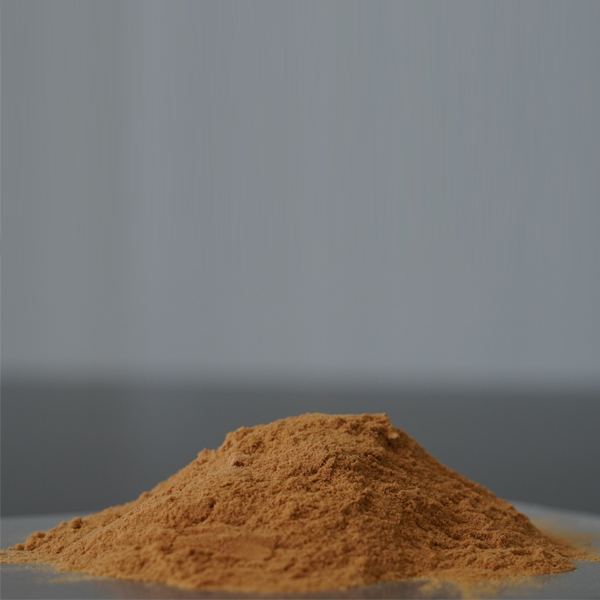
News
Nov . 26, 2024 09:29 Back to list
Benefits of Humic and Fulvic Acid in Plant Growth and Soil Health
The Role of Humic and Fulvic Acids in Plant Growth A Comprehensive Overview
Humic and fulvic acids are vital organic compounds found in natural ecosystems, derived from the decomposition of organic matter. They are not only abundant in the soil but also play a crucial role in enhancing plant growth and overall health. As the demand for sustainable farming practices grows, understanding how these acids contribute to plant development has become increasingly relevant. This article explores the characteristics, benefits, and applications of humic and fulvic acids in agriculture.
Characteristics of Humic and Fulvic Acids
Humic acid and fulvic acid are both components of humus, the organic matter present in soil. While they are similar in composition, they differ in molecular weight and solubility. Humic acids are larger molecules, insoluble in water at a low pH but soluble at higher pH levels. In contrast, fulvic acids are smaller, soluble in both acidic and alkaline conditions. These differences influence their behavior in the soil and their interaction with plants.
Benefits for Plants
The inclusion of humic and fulvic acids in agricultural practices offers numerous benefits
1. Nutrient Availability These acids chelate (bind) metal ions, transforming them into accessible forms for plants. This process enhances the solubility of essential nutrients such as iron, calcium, and magnesium, allowing for improved uptake by plant roots.
2. Soil Structure Improvement Humic substances contribute to the formation of soil aggregates, enhancing soil structure. Good soil structure promotes aeration and water retention, creating a more conducive environment for root growth.
3. Microbial Activity Enhancement Humic and fulvic acids serve as a food source for beneficial soil microbes, stimulating their activity. A thriving microbial population improves nutrient cycling, leading to healthier soils and enhanced plant growth.
humic and fulvic acid for plants factory

4. Stress Resistance These acids have been shown to improve plant resilience against environmental stresses, such as drought and salinity. They can increase water-holding capacity in soil and help plants adapt to varying moisture levels.
5. Hormonal Effects Some studies indicate that humic and fulvic acids can promote plant growth by enhancing hormone activity, particularly auxins, which are responsible for cell elongation and division.
Applications in Agriculture
The use of humic and fulvic acids in agriculture can take various forms, including soil amendments, fertilizers, and foliar sprays. Farmers and gardeners can choose from several commercially available products that are derived from natural sources, such as leonardite and peat.
1. Soil Amendments Applying humic substances directly to the soil can bolster its organic content and improve fertility. This practice is particularly beneficial in degraded soils that lack adequate organic matter.
2. Fertilizer Enhancer When mixed with chemical fertilizers, humic and fulvic acids enhance the efficiency of nutrient delivery. This combination can reduce fertilizer input costs while maximizing nutrient uptake by plants.
3. Foliar Applications Spraying plants with fulvic acid can lead to quicker absorption of nutrients through leaves. This method is particularly effective for delivering micronutrients and addressing deficiencies rapidly.
Conclusion
Humic and fulvic acids are essential tools in sustainable agriculture, providing both economic and environmental benefits. Their multifaceted roles in enhancing nutrient availability, improving soil health, and increasing plant resilience make them indispensable in modern farming practices. As research continues to unveil the complexities of these organic compounds, their applications will likely expand, further contributing to the quest for a more sustainable agricultural future. Integrating humic and fulvic acids into farming strategies not only promotes healthier plants but also fosters a more resilient ecosystem capable of withstanding the challenges posed by climate change and soil degradation. Thus, the thoughtful use of these natural compounds represents a promising avenue for achieving sustainable agricultural success.
-
Fertilome EDDHA 6 Water Soluble Iron Fast-Acting Chelated Supplement
NewsMay.24,2025
-
Chelating Substances Suppliers High-Efficiency Oxidizing & Chelating Agents
NewsMay.24,2025
-
Premium Fulvic Acid Solutions Best Prices & Quotes from Trusted Factory
NewsMay.24,2025
-
Premium Di Sodium EDTA Supplier Bulk Pricing & Fast Delivery
NewsMay.23,2025
-
OEM Chelating Agent for Lead IM Injection Custom & Efficient Solutions
NewsMay.23,2025
-
CE Certified EDTA Chelator Complex Reliable Manufacturer & Supplier
NewsMay.23,2025
